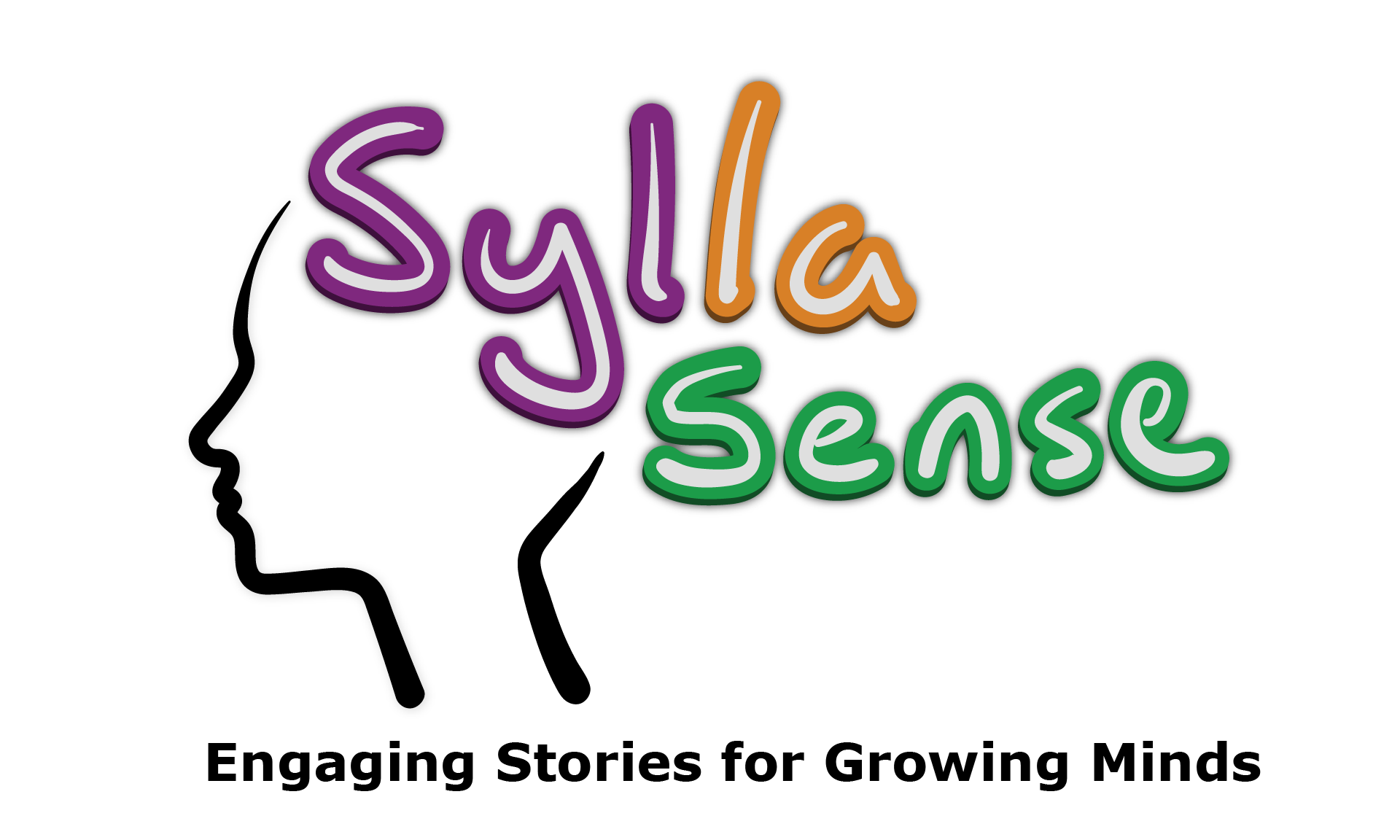Fishing - Tip Sheet

- IT IS ESSENTIAL TO PRE-TEACH THE CONCEPTS INTRODUCED IN EACH BOOK PRIOR TO READING! -
|
Fishing - Teacher Tip Sheet Blue Series - Book 2 - Fishing |
||||||||||||||||
|
Grapheme/Phoneme Correspondence |
Tips and Activities to Try |
|||||||||||||||
|
Introduced in This Book
Previously Introduced Vowels
Consonants
Digraphs/Trigraphs
Additional Concepts
|
Key Concepts to Understand
Refer to Page 5 in the Grapheme/Phoneme Background Information Sheets
Words and Phrases for Reading and Writing Here is a list of words that can be used for phonemic awareness activities, reading, dictation, games cards, etc.:
Co-author cloze sentences:
Here are phrases that can be used for reading and/or dictation practice. These phrases can be combined to create sentences. A good opportunity arises to address syntax if the resulting sentence is not grammatically correct (e.g., Your ducklings was flying. → Your ducklings were flying.)
You can differentiate for your students by dropping some of the words in these phases (e.g., “Walt and my pal Madge” can just be “my pal”). |
|||||||||||||||
|
Morphology |
Tips and Activities to Try |
|||||||||||||||
|
Previously Introduced
|
Key Concepts to Understand
|
|||||||||||||||
|
High Frequency Words |
Tips and Activities to Try |
|||||||||||||||
|
Key Concepts to Understand
Refer to Page 2 in Grapheme/Phoneme Correspondence Background Information Sheets |
|||||||||||||||
|
Comprehension Corner - Fishing |
||||||||||||||||
|
Vocabulary Development
Making Connections
Inferencing
Retelling/Summarizing
|
||||||||||||||||
Tip Sheet written by Shari Kudsia and Helen Maclean - April 2023 - ©SyllaSense Inc.
